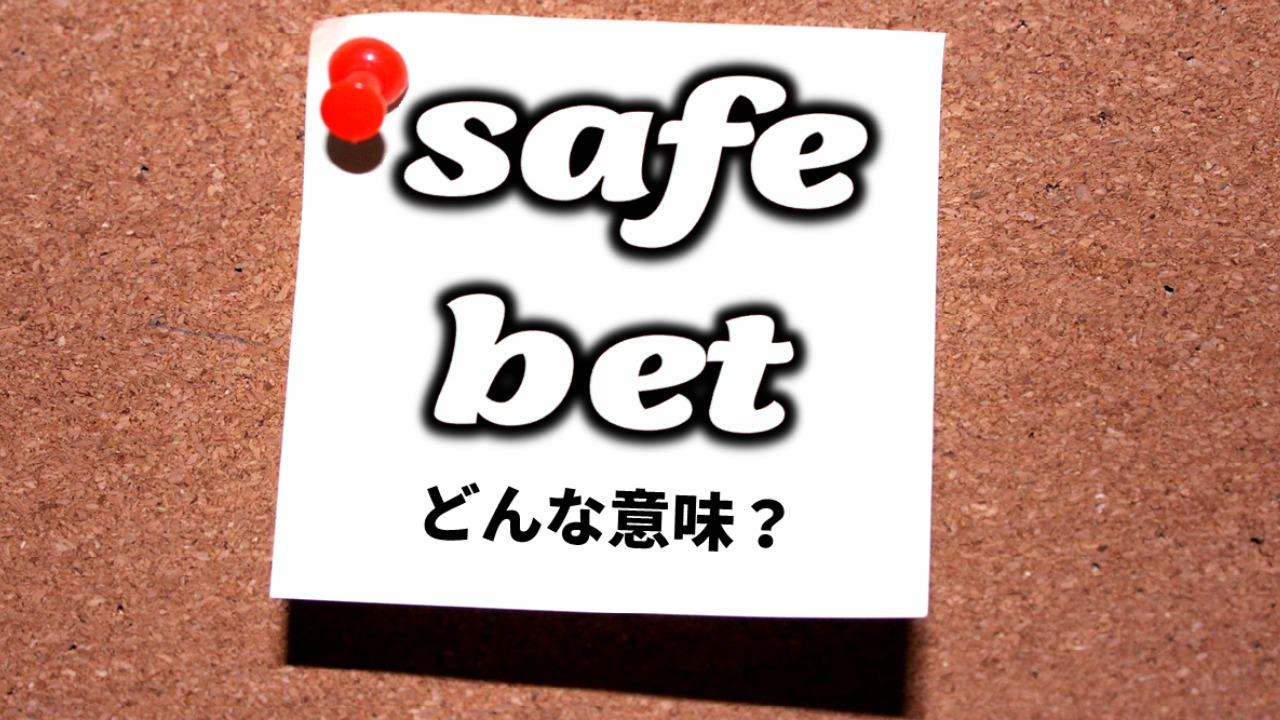Passage 1: Article from "Business Insights"
Title: The Case for a Mid-Career Workforce
As the global economy faces unprecedented challenges, companies are re-evaluating their hiring strategies. A growing trend is the prioritization of experienced, mid-career professionals over recent university graduates. This shift is not without merit. Mid-career workers bring a wealth of practical experience and proven skills to the table. They often require less on-the-job training, leading to quicker integration into teams and immediate contributions to projects. Furthermore, their professional networks can open doors to new business opportunities and partnerships. While some argue that this approach stifles innovation by limiting new perspectives, the immediate stability and expertise offered by seasoned employees are seen as a safer bet in uncertain times.
Passage 2: Email from HR Director
To: All Department Managers
From: Sarah Chen, Director of Human Resources
Date: October 26, 2025
Subject: Our New Graduate Recruitment Initiative
Dear Managers,
I am writing to address concerns regarding the upcoming recruitment cycle. While the company has previously focused on hiring experienced professionals, we have decided to launch a robust new graduate recruitment initiative this year. Our goal is to infuse the organization with fresh ideas and diverse perspectives. New graduates often possess knowledge of the latest technologies and methodologies, which can be invaluable for driving innovation. They are also highly adaptable and eager to learn, representing a long-term investment in our company's future. We believe that a balanced workforce, comprising both seasoned veterans and energetic newcomers, is the key to sustained growth and success. Please work with your teams to identify potential roles and prepare for interviews.
問題
-
What is the main purpose of the article from "Business Insights"?
(A) To criticize companies for not hiring new graduates.
(B) To argue against the recruitment of mid-career workers.
(C) To explain the benefits of focusing on experienced professionals.
(D) To announce a new company hiring policy.
-
According to Passage 1, what is one advantage of hiring mid-career workers?
(A) They introduce the latest technologies.
(B) They require less training.
(C) They are highly adaptable.
(D) They are a long-term investment.
-
What is the primary reason for the new graduate recruitment initiative mentioned in Passage 2?
(A) To reduce labor costs.
(B) To fill short-term project roles.
(C) To create a more stable workforce.
(D) To bring in new ideas and perspectives.
-
In Passage 2, what does the phrase "infuse the organization with fresh ideas" most likely mean?
(A) To train existing staff in new skills.
(B) To provide more opportunities for senior employees.
(C) To introduce new and creative thinking into the company.
(D) To merge with another company that has new ideas.
-
What can be inferred about the company's past hiring strategy from the two passages?
(A) The company previously focused more on hiring experienced professionals.
(B) The company has always maintained a balanced workforce.
(C) The company's hiring policy was driven by customer feedback.
(D) The company has never hired new graduates before.
日本語訳と解説
パッセージの日本語訳
Passage 1: 「ビジネス・インサイト」からの記事
タイトル:中堅社員の有効性について
世界経済が前例のない課題に直面する中、企業は採用戦略を再評価しています。経験豊富な中堅専門職を新卒者よりも優先する傾向が強まっています。この方針には利点があります。中堅社員は豊富な実務経験と実績のあるスキルをもたらします。彼らはしばしば、現場での研修をあまり必要としないため、チームへのより迅速な統合と、プロジェクトへの即座の貢献につながります。さらに、彼らの専門的な人脈は、新たなビジネスチャンスや提携への道を開く可能性があります。このアプローチが新しい視点を制限することでイノベーションを抑制するという意見もありますが、ベテラン社員が提供する即座の安定性と専門知識は、不確実な時代においてはより安全な選択肢と見なされています。
Passage 2: 人事部長からのメール
宛先: 全部門マネージャー
送信者: サラ・チェン、人事部長
日付: 2025年10月26日
件名: 新卒採用計画について
マネージャーの皆様へ
来たる採用サイクルに関して、ご懸念に対応するためメールを書いています。当社はこれまで経験豊富な専門職の採用に注力してきましたが、今年は意欲的な新卒採用計画を立ち上げることにしました。私たちの目標は、新鮮なアイデアと多様な視点を組織に注ぎ込むことです。新卒者は、イノベーションを推進する上で非常に貴重となりうる最新の技術や手法に関する知識をしばしば持っています。彼らはまた、高い適応力と学習意欲を持ち、当社の将来への長期的な投資となります。ベテランと意欲的な新人の両方からなるバランスの取れた労働力が、持続的な成長と成功の鍵であると私たちは信じています。潜在的な役割を特定し、面接の準備をするために、チームと協力してください。
問題の日本語訳と解説
1. 「ビジネス・インサイト」からの記事の主な目的は何ですか?
-
(A) 新卒を雇わない企業を批判すること。
-
(B) 中堅社員の採用に反対すること。
-
(C) 経験豊富な専門職に焦点を当てる利点を説明すること。
-
(D) 会社の新しい採用方針を発表すること。
正解: (C)
解説: このパッセージは、中堅社員を優先する傾向とそのメリット(実務経験、即座の貢献など)に焦点を当てて論じています。
2. パッセージ1によると、中堅社員を雇うことの利点の一つは何ですか?
-
(A) 最新の技術をもたらすこと。
-
(B) 研修が少なくて済むこと。
-
(C) 高い適応力があること。
-
(D) 長期的な投資であること。
正解: (B)
解説: "They often require less on-the-job training"(彼らはしばしば、現場での研修をあまり必要としない)という記述から、この点が利点として述べられていることがわかります。
3. パッセージ2で言及されている新卒採用計画の主な理由は何ですか?
-
(A) 人件費を削減するため。
-
(B) 短期的なプロジェクトの役割を埋めるため。
-
(C) より安定した労働力を生み出すため。
-
(D) 新しいアイデアと視点を取り入れるため。
正解: (D)
解説: "Our goal is to infuse the organization with fresh ideas and diverse perspectives"(私たちの目標は、新鮮なアイデアと多様な視点を組織に注ぎ込むことです)という文が、計画の主な目的として明確に述べられています。
4. パッセージ2の"infuse the organization with fresh ideas"という表現は、最も可能性が高いのはどのような意味ですか?
-
(A) 既存のスタッフを新しいスキルで訓練すること。
-
(B) シニア社員により多くの機会を提供すること。
-
(C) 会社に新しく創造的な考え方を取り入れること。
-
(D) 新しいアイデアを持つ別の会社と合併すること。
正解: (C)
解説: 「infuse」は「注ぎ込む、吹き込む」という意味です。「fresh ideas」(新鮮なアイデア)を「organization」(組織)に注ぎ込むという文脈から、新しく創造的な考え方を会社に導入することを意味します。
5. 2つのパッセージから、会社の過去の採用戦略について何が推測できますか?
-
(A) 会社は以前、経験豊富な専門職の採用により重点を置いていた。
-
(B) 会社は常にバランスの取れた労働力を維持してきた。
-
(C) 会社の採用方針は顧客のフィードバックによって推進されていた。
-
(D) 会社はこれまで新卒を雇ったことがなかった。
正解: (A)
解説: パッセージ2の"While the company has previously focused on hiring experienced professionals"(当社はこれまで経験豊富な専門職の採用に注力してきましたが)という文から、過去の採用戦略が推測できます。
用語・表現の解説
-
unprecedented challenges: 前例のない課題。
unprecedented(前例のない)は、ビジネスやニュースでよく使われる形容詞です。 -
prioritization: 優先すること。
prioritize(〜を優先する)の名詞形です。 -
without merit: 価値がない、利点がない。
merit(価値、利点)を使った否定表現で、「(この方針は)利点がないわけではない」=「利点がある」という意味になります。 -
bring a wealth of...: 豊富な…をもたらす。
wealthは「富」だけでなく「豊富さ」も意味します。 -
古英語の「wela」に由来しています。この「wela」は「富」や「豊かさ」を意味していました
-
to the table: 議論の場、交渉の場に。ビジネスの文脈で「(スキルやアイデアなど)をもたらす、提供する」という意味で使われます。
-
stifles innovation: イノベーションを抑制する。
stifleは「窒息させる、抑えつける」という強い動詞です。 -
古フランス語の「estouffer」に由来しています。この言葉は「窒息させる」や「抑える」という意味を持ち、さらにそのルーツはラテン語の「stupare」にさかのぼります。このラテン語は「衝撃を与える」や「鈍くする」という意味があり、物事を抑える、あるいは妨げるという概念が含まれています。
-
safer bet: より安全な選択肢。
betは「賭け」ですが、ここでは「選択肢、見込み」という意味で使われています。 -
infuse the organization with...: 組織に…を注入する。
infuseは「注ぎ込む」という意味で、物理的なものだけでなく、アイデアや文化などを導入する際にも使われます。 -
ラテン語の「infundere」に由来しています。この言葉は、「in-」という接頭辞と「fundere」という動詞の合成から成り立っています。「in-」は「中に」や「内部へ」という意味を持ち、「fundere」は「注ぐ」や「流し込む」という意味です。
-
invaluable: 非常に貴重な。価値を付けられないほど貴重、という意味で、価値がないという意味ではないので注意が必要です。
-
seasoned veterans: 経験豊富なベテラン。
seasonedは「味付けされた」という意味の他に、「経験を積んだ、熟練した」という意味があります。

